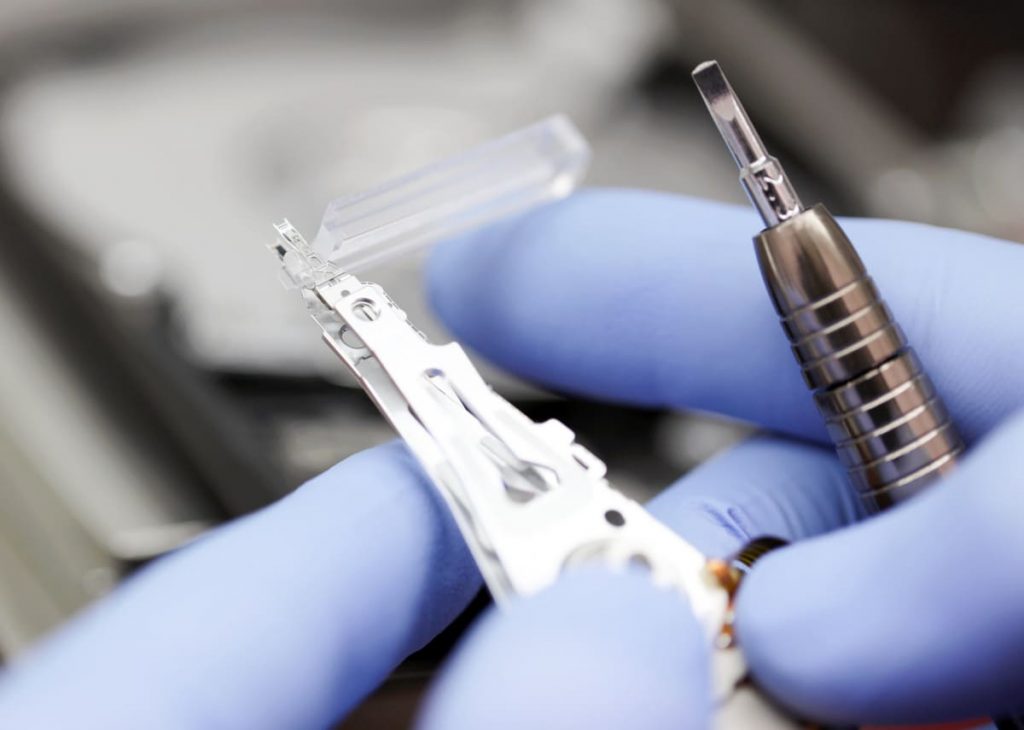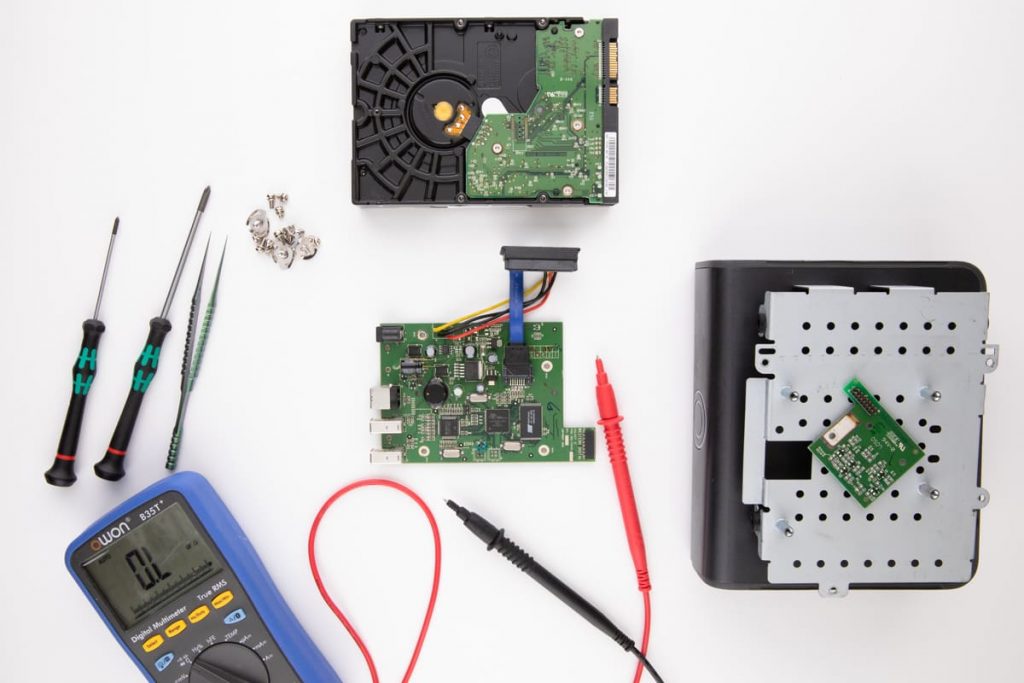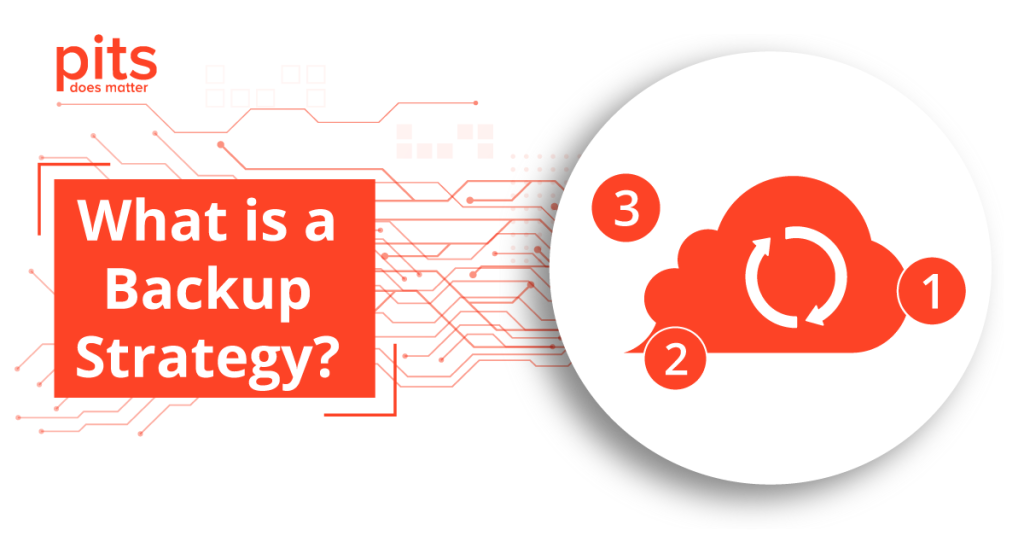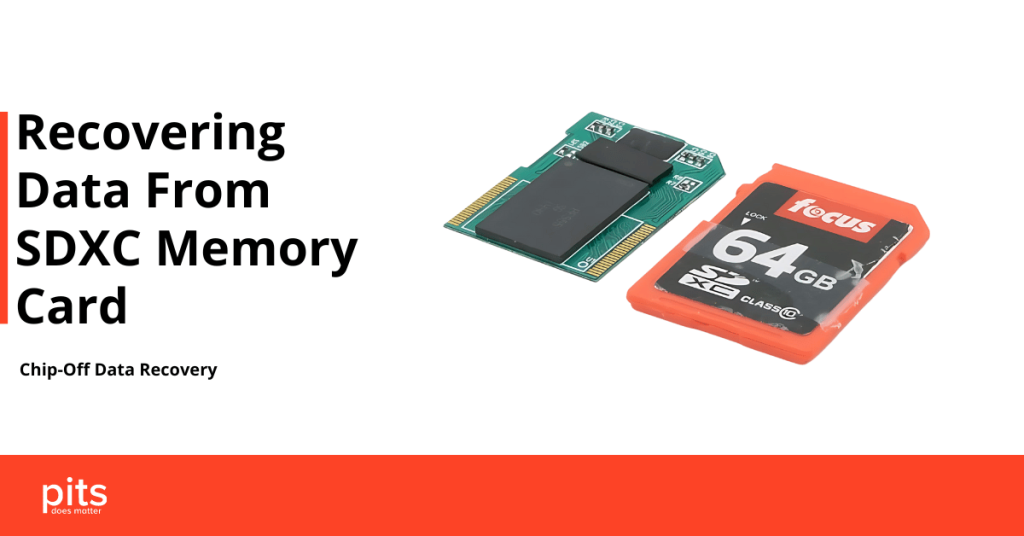A hard drive failure is an unplanned event that can happen anytime, anywhere. Failure is unpredictable, but it cannot go unnoticed when it happens. A variety of symptoms can accompany the device’s malfunction, but many computer users ignore warning signs such as unusual sounds, frequent error messages, slow performance, and more.
Frequent Symptoms of Hard Drive Failure
Files Corruption and Inaccessibility
f you cannot open files or notice your folders disappearing, it’s a bad sign. Data corruption is another indicator of failure, and complete data loss is not uncommon in these situations.
- Scrambled File or Folder Name
- Random Error Messages
- Lost Access to Files
- Files Contain Corrupted Data
- The Disappearance of Files and Folders
Often, the reason for data corruption is either a virus or the accumulation of bad sectors on the hard drive.
Unusual Noises
If the hard drive starts emitting strange sounds, it typically indicates a problem. Several types of noises can come from a hard drive when it malfunctions, including:
Even hearing no sound from a hard drive, when it previously made noise, could be an indication of failure.
Frequent and Intermittent Boot Errors
If your laptop or desktop computer starts displaying messages such as “no bootable device found,” “hard drive not found,” or “boot device missing,” it’s often a sign of an impending hard drive failure. If these messages appear repeatedly, avoid trying to use the drive to retrieve lost files.
Slow Computer Performance: A Common Sign of Hard Drive Issues
One of the most frequent signs of hard drive failure is slow computer performance, which can lead to complete data loss if ignored.
Reasons Behind a Computer’s Slow Performance:
- Head Malfunctions: Head malfunctions often lead to hard drive failure and, consequently, slow performance. The read/write head assembly (also known as actuator heads) flies across the surface of the platters to locate sectors containing your data. However, after a while, sectors on the platters may become inaccessible, slowing down the process.
If you’ve been wondering, “Why is my computer so slow all of a sudden?” a failing hard drive could be one of the reasons. As the read/write head assembly begins to malfunction, it struggles to locate the necessary sectors on the platters, leading to slower read/write speeds. Files may take longer to open, and programs may load more slowly than usual..

Hard drives usually maintain a list of bad sectors to avoid writing data to those areas. When the hard drive is healthy, it will avoid storing data in these “bad” sectors. However, if the actuator heads malfunction, they may begin marking sectors as bad even when they are not, preventing the hard drive from reading or writing to these areas.
The device may still function, but read/write speeds will be severely impacted. This causes the hard drive’s heads to become less effective at accessing files, which, in turn, slows down your computer’s performance.
However, the device can still get some data, and the computer may continue to function, but read/write speeds will suffer severely. Thus, the hard drive’s heads become less effective at accessing files.
As a result, your computer’s performance will suffer. A slowdown will be seen when using particular files and programs. It is also common to see general performance issues with your computer.
What to Do If Your Computer Slows Down
Understanding why the sudden slowdown is a potentially severe issue is essential. Hard drives contain many sensitive internal components, so you need to take appropriate steps after the device fails and the computer stops functioning normally.
Computers can slow down for many reasons, and sudden performance issues do not always indicate an upcoming hard drive failure. If your device acts abnormally after downloading and installing new programs, then back up essential files and revert the modifications that caused the problem.
If your hard drive is operating so slowly that you cannot carry out regular actions in a proper amount of time, do not try to copy data from your storage drive. By using the failed device, you can cause severe damage and corrupt valuable data.
When a hard drive is physically damaged, you may notice sounds indicating your computer attempts to read data. Files might suddenly become inaccessible and disappear, and you might receive error messages.

How to Fix a Slow Computer
A slow computer can hinder productivity and become a source of frustration. If your computer is running sluggishly, there are ways to fix it. Before delving into troubleshooting methods, it’s vital to understand that a lagging performance can be caused by a variety of issues, ranging from overloaded storage and fragmented data to outdated hardware and software. Therefore, a comprehensive approach is necessary to identify and resolve the root cause of the problem.
Perform a Disk Cleanup
Delete unnecessary files and programs, and clear your browser’s history and cache. This will free up space and help your hard drive run more efficiently.
Run a Virus Scan
Malicious software can cause your computer to slow down or even crash. Run a full system scan with your antivirus software to identify and remove viruses or malicious software.
Upgrade Your Hardware
Adding more RAM or a solid-state drive can help improve your computer’s speed and performance. Check your computer’s specifications to determine which upgrades are compatible with your system.
Disable Unnecessary Startup Programs
When you start your computer, certain programs may automatically launch in the background, slowing down your boot time. Disable any programs you don’t need to run at startup to speed up the process.
Keep Your Software Up-to-Date
Updating your operating system and software can help optimize performance and fix any bugs or security issues that could slow your computer down. Be sure to install the latest patches and updates regularly to ensure your system runs smoothly.
As soon as you detect any malfunction symptoms, power down the computer. There are many free online recovery tools and repair tutorials on the Internet, but they do not guarantee successful results. Moreover, installing unverified recovery programs on the failed device can put your drive at more risk, including virus attacks. Opening your device in unspecialized facilities is another thing you should not do with your failed drive.
Contact a professional data recovery company instead of figuring out the problem yourself. PITS Global Data Recovery Services has thousands of successful hard disk and solid-state drive recovery cases. Our engineers work in specialized facilities using state-of-the-art tools, including Class 10 ISO Certified Cleanroom.
Contact us now to learn more about recovery options by calling our customer service line or filling out a request help form.
Frequently Asked Questions
How does a failing hard drive affect my computer's performance?
A failing hard drive can significantly slow down your computer as it struggles to read or write data. You may experience delays in booting up, loading applications, and accessing files. The system may freeze or become unresponsive.
What are common signs of a failing hard drive leading to slow performance?
Common signs include frequent freezing or crashing, delayed file access, unusual clicking or grinding noises from the hard drive, recurring error messages, and an overall decline in system speed and responsiveness.
Can a slow computer be fixed without data loss if it's due to a failing hard drive?
Yes, if detected early, a failing hard drive can often be replaced or repaired without losing data. It’s essential to back up your important files immediately and seek professional assistance to diagnose the issue and take appropriate action.
How can I differentiate between a failing hard drive and other causes of slow computer performance?
Conducting a diagnostic test on your hard drive can help determine if it’s the cause of the slowdown. Additionally, consulting a professional can provide a more accurate assessment and guide you on the best course of action.
Is it possible to recover data from a failing hard drive?
Yes, it’s possible to recover data from a failing hard drive. Professional data recovery services, like those offered by our company, have the expertise and tools to salvage data from failing or damaged hard drives, even when the system is slow or unresponsive.


